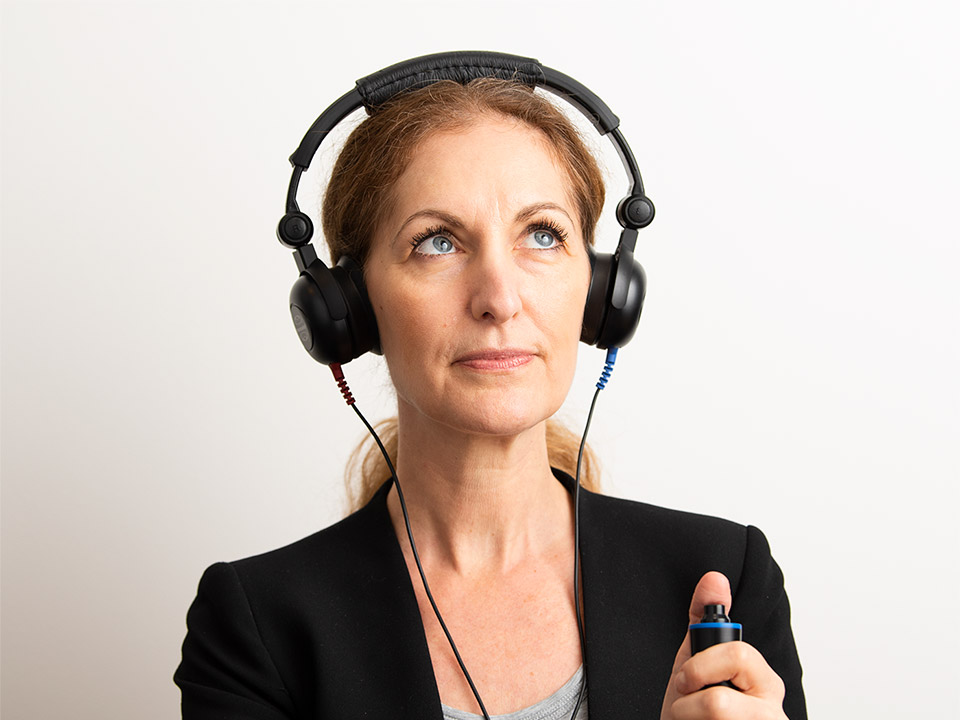Living with untreated hearing loss
Living with untreated hearing loss affects far more than your ability to hear. Other risks that may impact your life include:
- Your mental sharpness may decline
- Your risk of dementia may increase
- Your memory can be impaired
- You may feel left out of conversation
- Your social life may be impacted
- You may feel anxious
- You may experience increased mental strain
- Your income may be impacted
You can learn more in detail about each consequence below.















